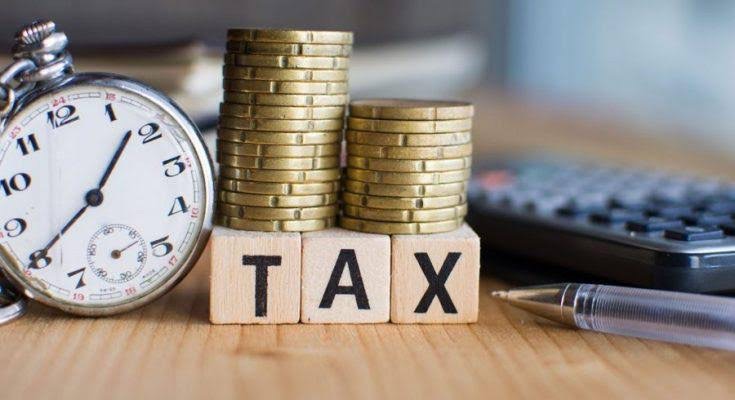Indirect taxes on Nigerian goods surged by 101.65 per cent to N1.42 trillion in the first quarter of 2024 from N705.04 billion in the same period last year, in a boost for government revenue but more pain for citizens grappling with the worst cost-of-living crisis in decades.
This is according to Gross Domestic Product data from the National Bureau of Statistics for Q1 2024. Indirect taxes include value-added taxes, customs, and import duties, which are paid to the government by a producer and later passed on to the final consumer.
In Q1, GDP grew by 14.86 per cent to N58.56 trillion in nominal terms. The economy grew faster in Q1 2024 compared to the corresponding period of 2023, with GDP growing by 2.98 per cent (year-on-year) in real terms.

Despite this growth, the country’s inflation rate continues to surge to record highs, reaching 33.69 per cent in April, highlighting worsening living conditions in Nigeria.
“Inflation has eroded purchasing power and, unfortunately, those who are involved, especially people who are earning fixed incomes, are the most impacted,” Adewale-Smatt Oyerinde, the Director-General of Nigeria Employers’ Consultative Association, said.
“Since their incomes are fixed, there is no mechanism to hedge it against the steady rise in inflation.”
The Federal Government has made efforts to increase its non-oil revenue, mainly tax revenue, as oil revenues dwindle.
In his 2024 budget presentation, President Bola Tinubu said, “We are currently reviewing our tax and fiscal policies.
“Our target is to increase the ratio of revenue to GDP from less than 10 percent currently to 18 percent within the term of this Administration. The government will make efforts to further contain financial leakages through effective implementation of key public financial management reforms,” Tinubu said.
Nigeria aims to boost revenue collections this year. The Federal Inland Revenue Service (FIRS) forecasts revenue to increase by 57 per cent in 2024 to N19.4 trillion, comprising N9.96 trillion in tax revenue from oil and N9.45 trillion from non-oil revenue.
However, in Q1 2024, the FIRS fell short of its tax revenue target of N4.8 trillion and raised only N3.94 trillion.
The presidential committee on fiscal policy and tax reforms recently highlighted the need to review the country’s overall VAT rate.
“We need to adjust the VAT rate upward but we would ensure that it doesn’t affect businesses,” said Taiwo Oyedele, chairman of the presidential committee on fiscal policy and tax reforms.
After the government introduced a now-suspended 0.5 per cent cybersecurity levy in the country, KPMG, a global tax and advisory firm, declared that “no country can tax its way to prosperity.”
Olaitan Ibrahim